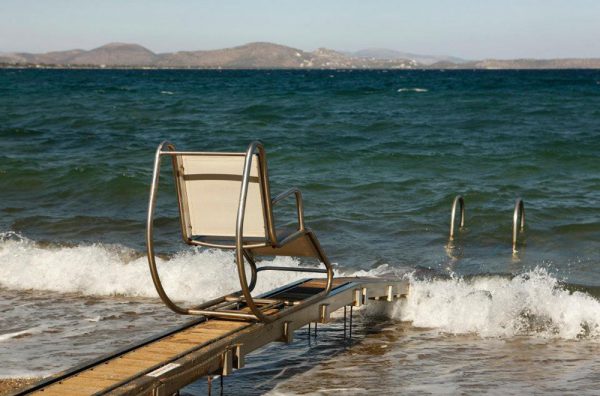In response to the growing importance of inclusive tourism as a market sector, the Australian tourism and hotel industry has announced details for an Inclusive Tourism Workshop.
This landmark half-day workshop will bring Australian tourism experts together to discuss inclusive tourism in its broadest sense, taking it beyond accessibility and examining comprehensive inclusion into industry practice.
It presents a key opportunity for tourism destinations and operators to learn about the unique needs of the inclusive tourism market and will be held in conjunction with the Australasian Hotel Industry Conference & Exhibition (AHICE) 2019.
Among the speakers is Bill Forrester, founder of TravAbility who will speak about the economic and social benefits of inclusive tourism and explain to industry professionals the needs of the inclusive tourism market. Paul Albone from Tourism Victoria will discuss the Victorian Accessible Tourism Guide and the Victorian government’s commitment to accessible tourism. Another speaker, accessible travel manager and travel writer at Lonely Planet, Martin Heng, will join a panel discussion on industry developments in this sector.
Inclusive Tourism is a major market worth up to $8.9 billion over the first three months of 2017. And it highlights the expected growth of the sector as the population ages and more people experience some level of disability. There are an estimated 4.3 million people in Australia living with a form of disability and according to TravAbility, 88% of people with disability take a holiday each year.
The workshop will be held on April 30, 2019 at the Grand Hyatt Melbourne.
For more information or to register visit: https://www.ahice.com.au/inclusive-tourism-workshop/

Greece recently opened up its beaches for greater accessibility. Greece took an innovative approach to introduce its accessible tourism facilities by taking Paralympic athletes to sites of high tourist and historical significance that are accessible to people with special needs. Beaches have undergone non-permanent interventions in order to improve access including special SeaTrac ramps with railings that are installed in the water and toilet facilities close to beaches.

